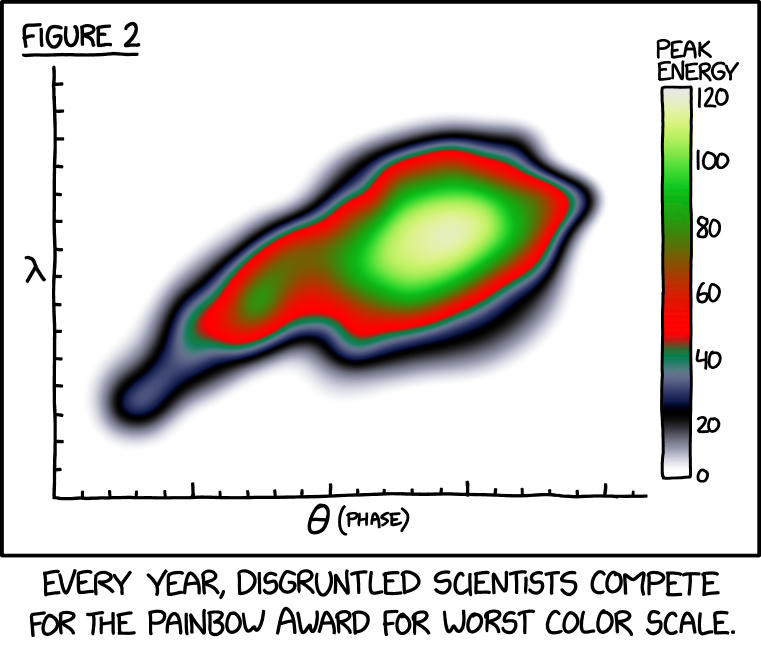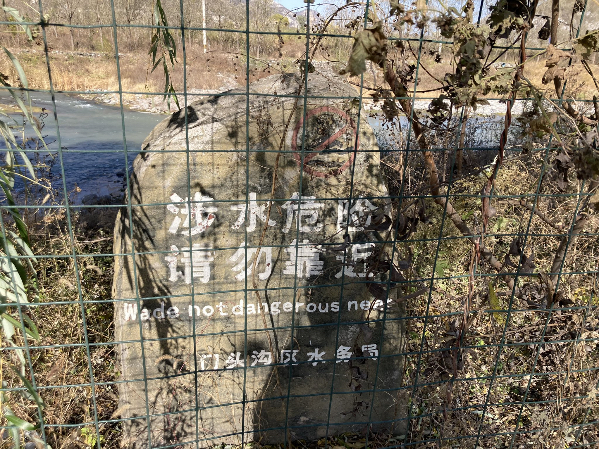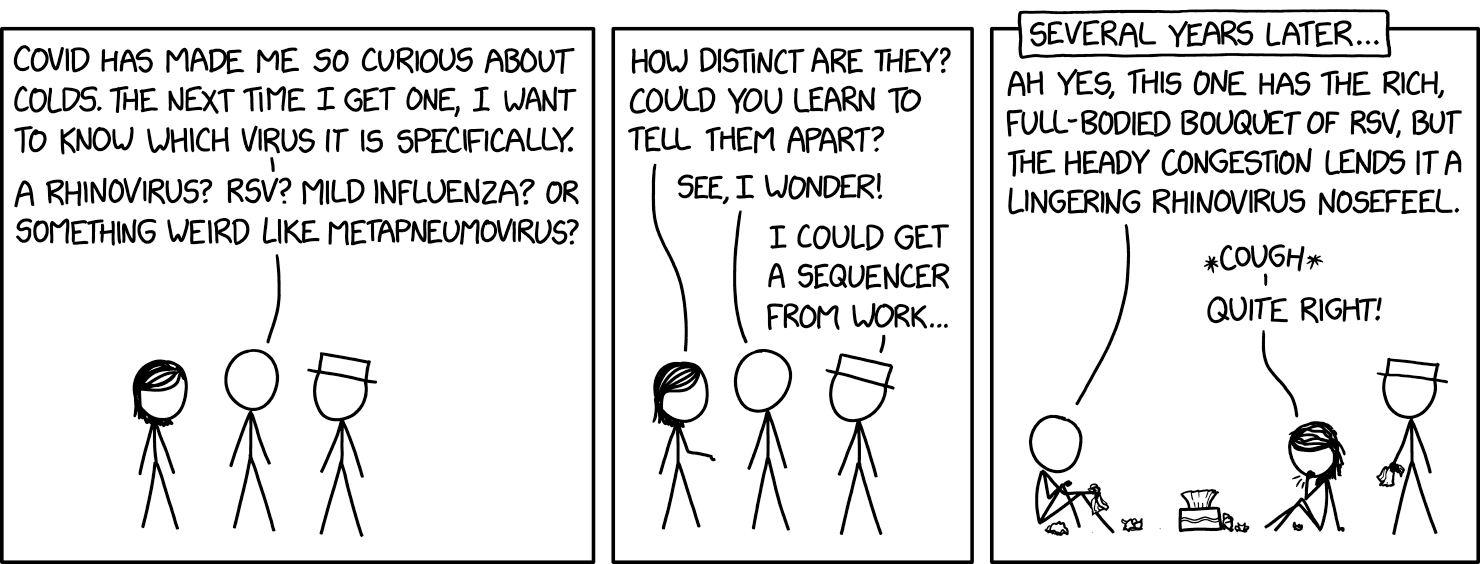Big, open, high, ?
Paul Eprile has a new translation of Jean Giono's 1951 novel Les Grands Chemins, under the title The Open Road. The publisher's blurb describes it this way:
The south of France, 1950: A solitary vagabond walks through the villages, towns, valleys, and foothills of the region between northern Provence and the Alps. He picks up work along the way and spends the winter as the custodian of a walnut-oil mill. He also picks up a problematic companion: a cardsharp and con man, whom he calls “the Artist.” The action moves from place to place, and episode to episode, in truly picaresque fashion. Everything is told in the first person, present tense, by the vagabond narrator, who goes unnamed. He himself is a curious combination of qualities—poetic, resentful, cynical, compassionate, flirtatious, and self-absorbed.
Reading this, I wondered whether this novel might have helped inspire Jack Kerouac's 1957 novel On the Road — Kerouac spoke French until the age of six, and wrote in French as well as English throughout his life, so it's plausible that he read Giono. But Les Grands Chemins was first published in May of 1951, and Wikipedia tells us that
The idea for On the Road, Kerouac's second novel, was formed during the late 1940s in a series of notebooks, and then typed out on a continuous reel of paper during three weeks in April 1951.
Read the rest of this entry »




